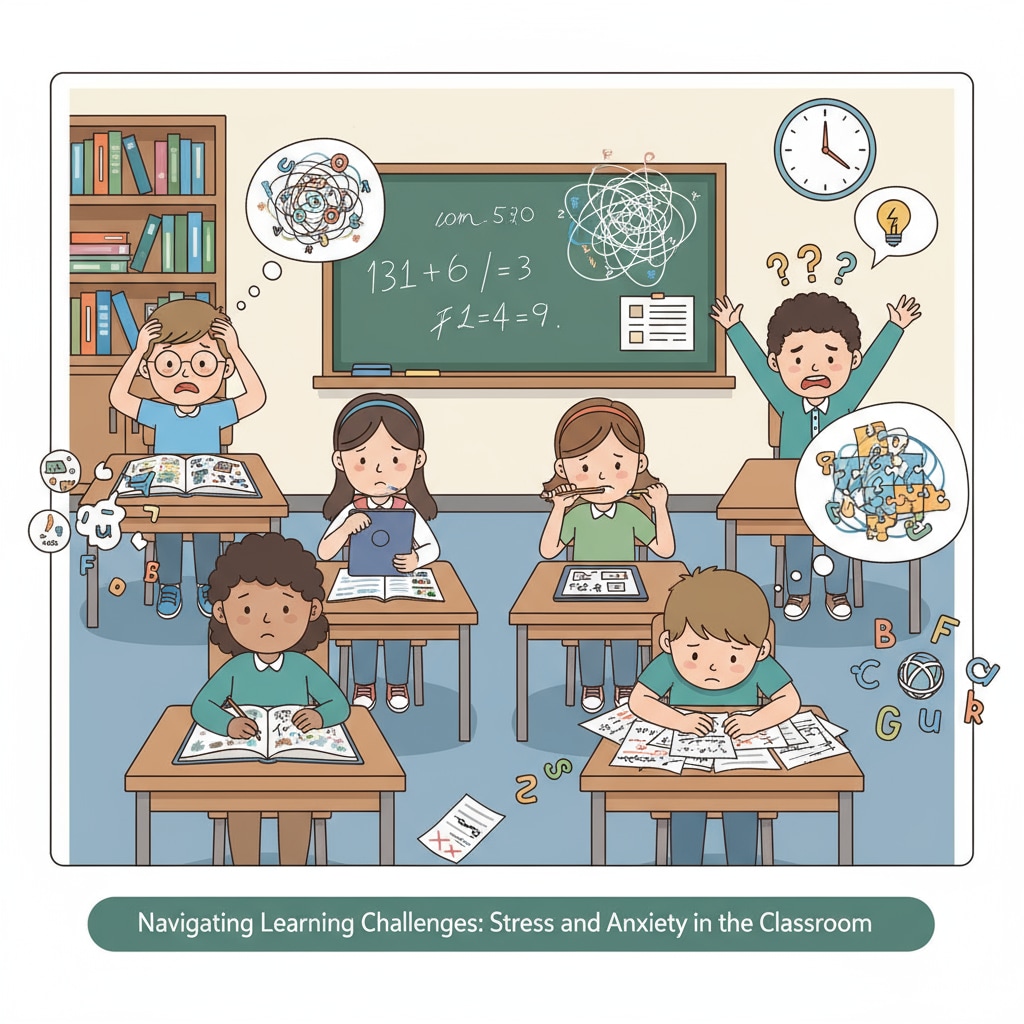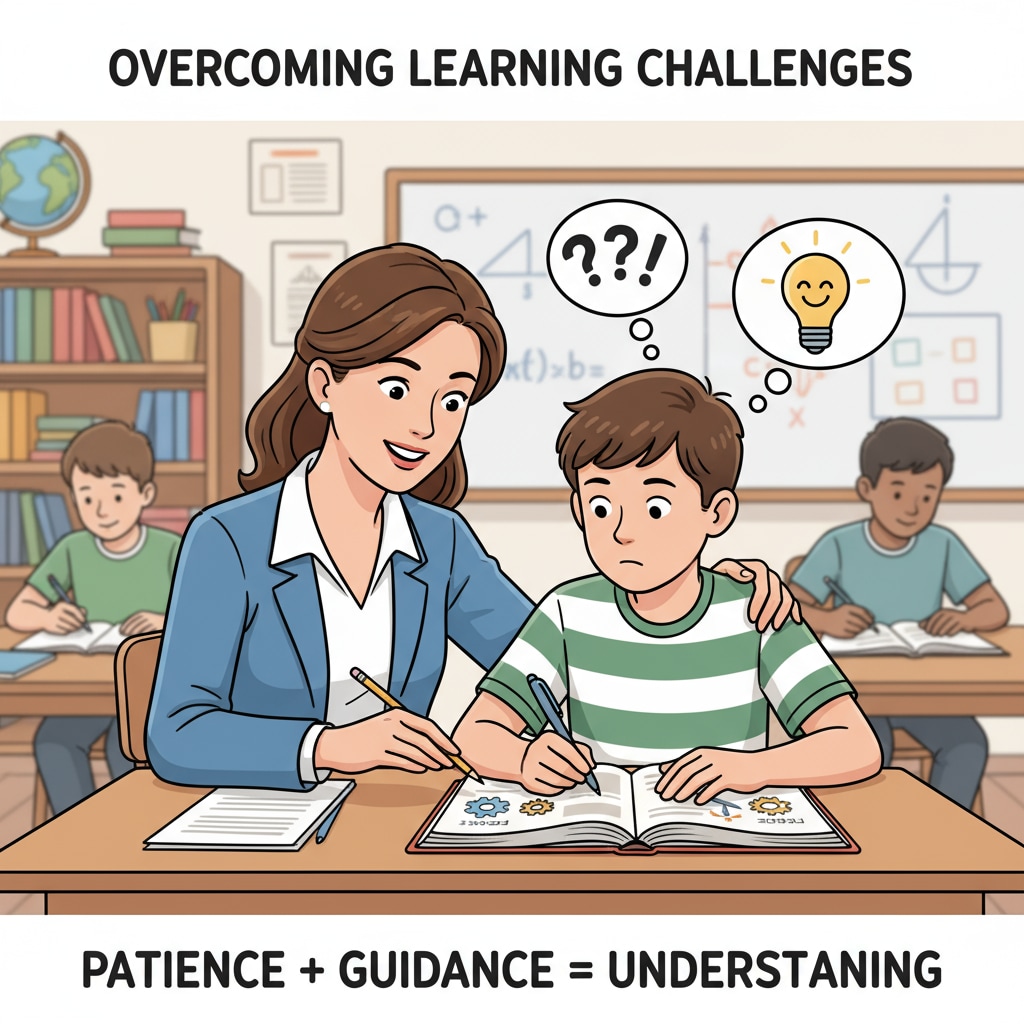Learning difficulties, self-negation, and cognitive barriers can cast a long shadow over a child’s sense of self-worth, especially during the crucial K12 stage. In this article, we will delve into how these issues intertwine and what can be done to help children break free from the cycle of low self-esteem.

The Impact of Learning Difficulties on Self-Negation
Learning difficulties are not uncommon among K12 students. When a child struggles to keep up with academic tasks, it often leads to self-negation. For example, they may start to believe they are “stupid” or “not good enough” because they can’t achieve the same grades as their peers. According to the American Psychological Association, this self-negation can further exacerbate learning problems, creating a vicious cycle.
Unraveling Cognitive Barriers
Cognitive barriers play a significant role in this equation. These can include issues like difficulty concentrating, processing information slowly, or problems with memory. As a result, students with cognitive barriers may find it hard to understand new concepts, which contributes to their sense of inadequacy. Britannica defines cognitive development as the construction of thought processes, including remembering, problem-solving, and decision-making. When these processes are hindered, self-worth takes a hit. Learn more about cognitive development on Britannica.

So, what can parents and teachers do to help? Firstly, it’s crucial to correctly identify learning difficulties. Early intervention can make a world of difference. Teachers can implement personalized teaching strategies, such as using different teaching methods to suit individual learning styles. Parents, on the other hand, can provide a supportive home environment and offer emotional encouragement.
Secondly, psychological support is essential. Children need to be taught that their worth is not defined by their academic performance. Through positive affirmations and building on their strengths, they can gradually rebuild their self-confidence. For instance, if a child is good at art but struggles with math, focus on their artistic talents to boost their self-esteem.
In conclusion, learning difficulties, self-negation, and cognitive barriers are complex issues that require a multi-faceted approach. By understanding these challenges and taking proactive steps, we can help children move from a place of “I can’t” to “I can,” and ultimately, rebuild their self-value.
Readability guidance: This article uses short paragraphs and lists to summarize key points. Each H2 section provides a clear focus. The proportion of passive voice and long sentences is controlled, and transition words are used throughout to enhance readability.


